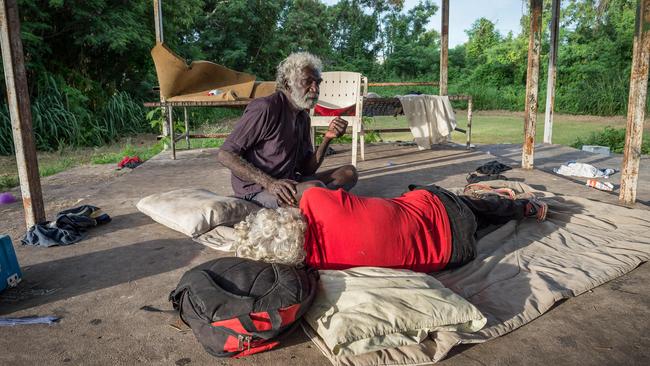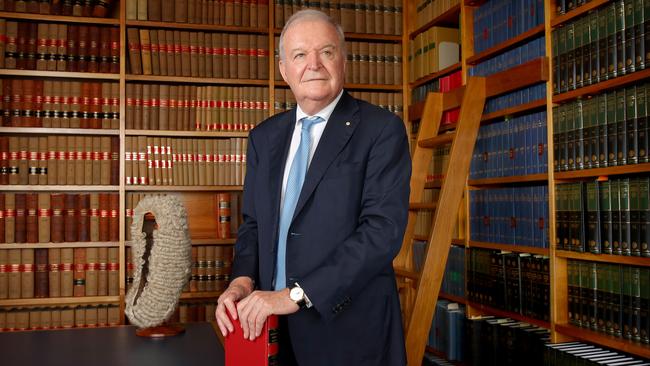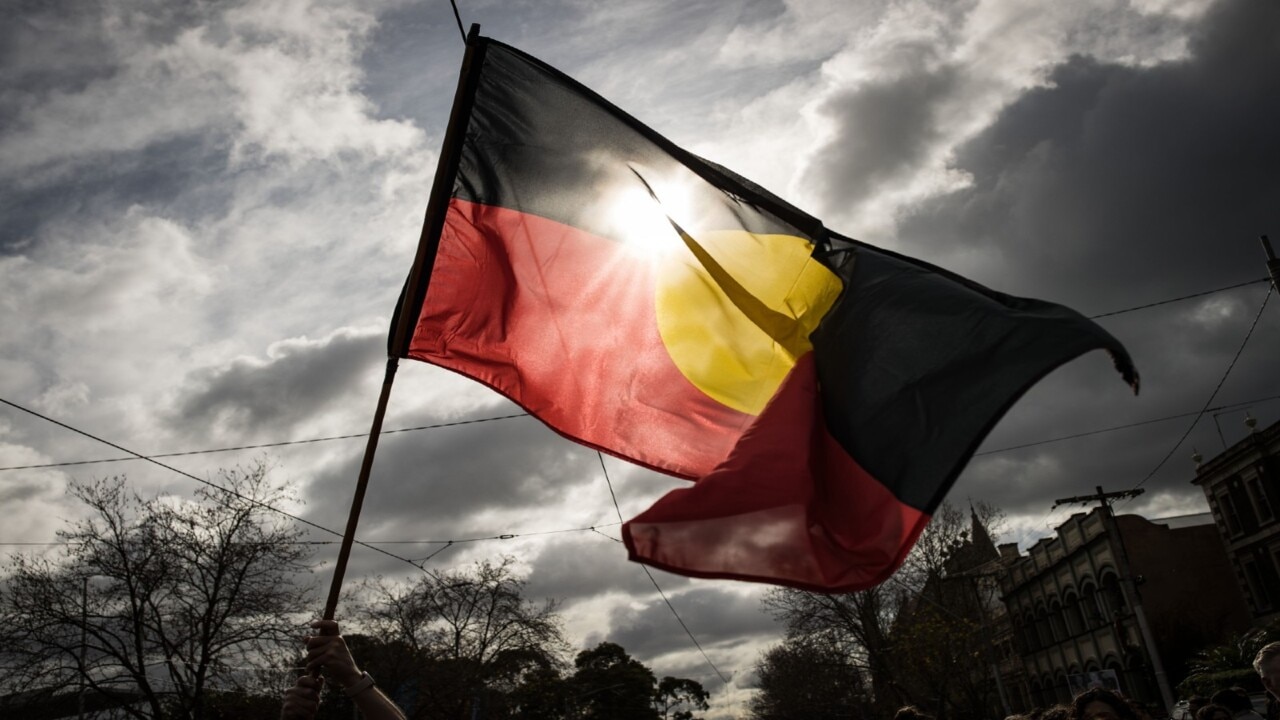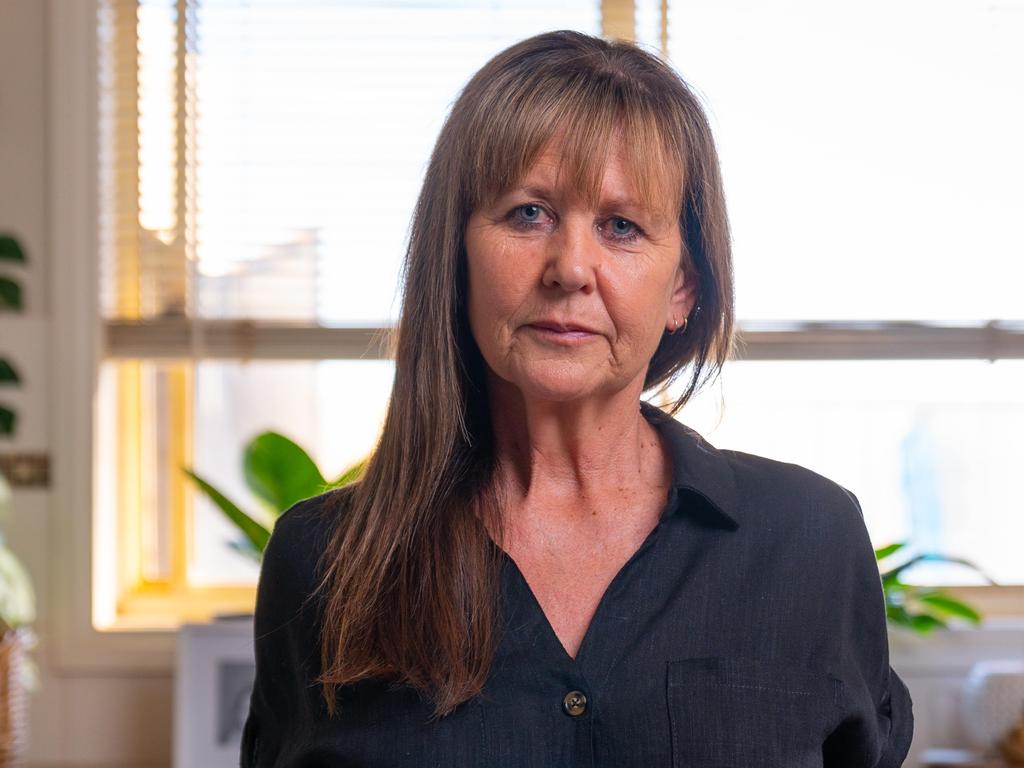Justice system ‘ruins Indigenous lives’: former NSW Chief Justice Tom Bathurst
Tom Bathurst says an Indigenous voice is the best way to redress a system that continues to fail one of Australia’s most marginalised groups.

Former NSW Chief Justice Tom Bathurst KC says the state’s justice system is ruining the lives of some Aboriginal people, and an Indigenous voice to parliament is the best way to redress a structure that continues to fail one of the nation’s most marginalised groups.
His comments follow revelations printed in The Australian last week that Indigenous women who were victims of domestic violence in western NSW were being prosecuted – and in some instances thrown in jail – for retracting complaints against their abusers.
In some cases, police do not conduct a formal investigation into whether the women have been abused but base the charge on the fact a complaint has been retracted. Meanwhile, the women frequently present to police with visible injuries, and their partners may hold lengthy rap sheets, including past charges of assault.
Speaking to The Australian, Mr Bathurst said the issue was “another example where the justice system fails to come to grips with the particular problems facing Indigenous people in this country”.

“If this is happening on a regular basis, it is just another example of a failure,” he said.
“One of the tragedies is you put a person in jail in those circumstances, and that is taking another step to ruining their life.”
Mr Bathurst said this issue was one of “the various things the voice can assist in” and indicated that the body would be able to speak to issues specific to NSW communities.
“Take a simple example,” he said. “There’s a problem in a particular Indigenous community, which is leading to interaction with the justice system. The body which is the voice will be able to reach out to those communities and provide a mechanism by which the community’s concerns and their potential responses can be made available for consideration.”
Mr Bathurst said he believed the system was “improving” but still not fully accommodating the cultural identities or difficulties of Indigenous Australians.

He said there had been “huge exaggeration” as to the powers of the voice, and “no attention to what it can in fact do”.
“That is, provide assistance, provide advice and guidance to dealing with these problems,” he said. “That’s the very purpose of it and from my point of view, I can’t see any evidence to the contrary.”
He continued: “We have done pretty bad without these consultations. We can only do better with them. That’s the reality.”
Former High Court judge Robert French agreed with Mr Bathurst in saying an ongoing dialogue with Indigenous communities would be the best way to resolve instances where domestic violence victims were charged.
“Consultation with people who can draw upon both the lived experience of those in these communities and First People’s professional expertise should enable measures to be put in place, which can try and obviate this sort of phenomenon,” he said.
“Whatever the detailed form of (the voice) is, it’s obviously going to be a body which draws from representatives from all around the country. That’s covered, that thinking, in the design principles, and the Langton-Calma model can give you a clue of what that might look like.”








To join the conversation, please log in. Don't have an account? Register
Join the conversation, you are commenting as Logout